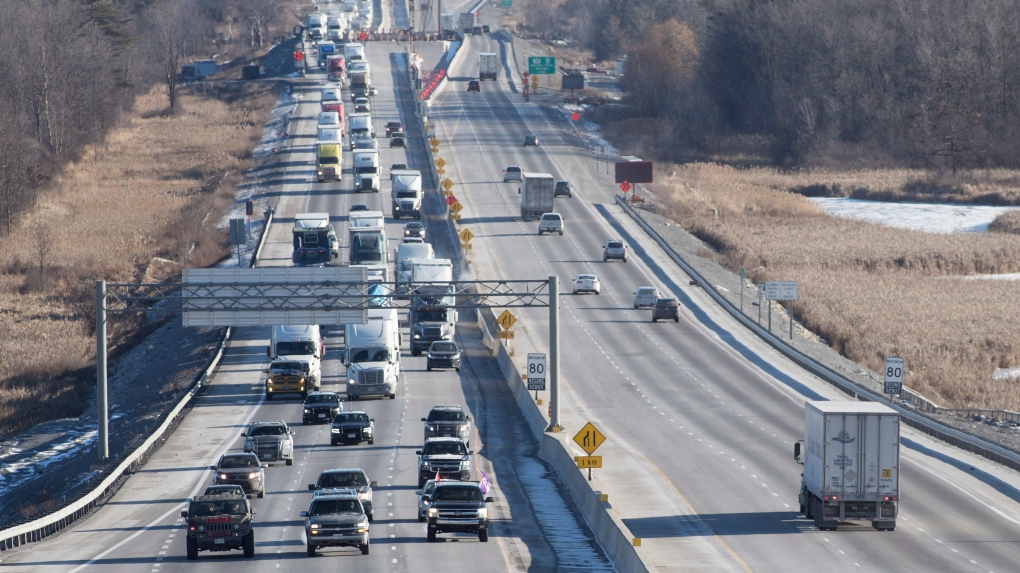- cross-posted to:
- climate@slrpnk.net
- worldnews@lemmit.online
- cross-posted to:
- climate@slrpnk.net
- worldnews@lemmit.online
Canada to announce all new cars must be zero emissions by 2035::Canada expects to announce this week that all new cars will have to be zero emissions by 2035, a senior government source said, as Ottawa is set to unveil new regulations in the latest example of countries around the world pushing for electrification.



Yah, this is something conceived in a urban environment with high population density, and relatively warm weather, like Vancouver and Toronto.
It ignores about 95% of the country that has no mass transit and hits -20 and lower for 6 months of the year. There will need to be absolutely massive investments in technology for cold weather EV and power infrastructure to deliver a huge uptick in charging power across a massively spread out country. And our sources for renewable energy are pretty much used up, hydro hasn’t got a lot of possibilities left. Solar is awesome, but not a great producer this far north. Wind is only viable in a few localized spots and then you hae to get the power to the users from there.
Typical virtue signalling bullshit that’s not even vaguely realistic.
I have 27kW of solar panels , 5 days of battery storage on my house, extremely low energy usage (10kWh/day), and I still have to fire up the genny this time of year about once a week. And I don’t have to charge an EV.
Technically, with HVO, diesel engines can run without emissions. So “EV only” is not necessarily what this means…
If they set a 10 year goal it may take 20 years to hit 80% of goals, if they set a 20 year goal it’ll take 40 years to hit 50%, if they set a 50 year goal…
Nobody thinks this is a realistic goal, but the target gives a concrete number to set a mandate on which actually pragmatic policies, funding projects, and incentives can hang their hat on to keep the ball rolling.
With big infrastructure developments, nobody wants to buy into realistic goals, it’s too costly, and there’s never enough political will. You set overly ambitious goals so you can get people to buy in and then the project is too big to fail, so you end up paying what it actually costs, and you try to mitigate waste, unanticipated problems, corruption, and poor management along the way.
We’ll just have to carry gas generators on our electric trucks to drive to work in the bush I guess.
Too late anyways. Bottoms up.